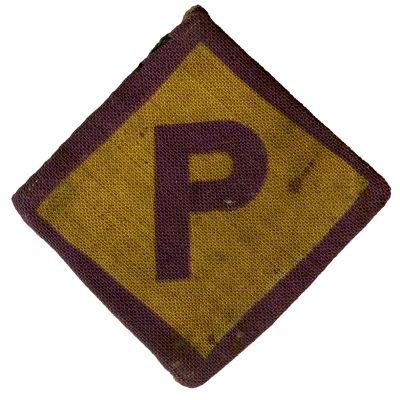The “Truths of Poles”

No one knows the name of the person who wrote the “Truths of Poles”, the “Decalogue“ or “national catechism” of Poles in Germany. The text consists of five parts, the first of which is: “We are Poles!”. As early as the beginning of the 1920s this “truth” had been used as a call for unity amongst the Poles in Germany. It was quoted at a great variety of anniversary festivities and could also be seen on every banner.
The second and third “truths” are: “The faith of our fathers is the faith of our children!” and “A Pole is a brother to other Poles!” This last truth had already been appeared in the first appeal by the Central Committee of the Union of Poles in Germany.
The fourth “truth” is: “A Pole serves his people every day!” According to the author of the lexicon of Polish life in Germany this “truth” was continually referred to amongst Polish organisations in Germany (Leksykon Polactwa w Niemczech, Warszawa-Wrocław 1973, S. 623).
The fifth and last “truth“ was: “Poland is our mother – you do not speak ill of your mother!” There is a tale about how this “truth” came into being. A young Pole from Westphalia had travelled to Poland for the very first time. On his way back he stopped off at the headquarters of the Union in Berlin because he wanted some advice on a dispute with his father. His father could not understand his son's behaviour. The son had got into a row with his uncle and even boxed his ears because he had made a negative remark about Poland. The young man is alleged to have replied: “Poland is our mother –– and you do not speak ill of your mother!”
After the proclamation of the “Truths of Poles” at the 1. Congress of Poles in Germany on 6th March 1939, Dr. Jan Kaczmarek added: “Our Truths do not come from wise men's understanding but from the simplest hearts of the Polish people. The Truths are therefore for Polish hearts. And from there, from the Congress of Poles in Germany, we send these Truths to all Polish hearts around the world” (Leksykon Polactwa w Niemczech, Warszawa-Wrocław 1973, S. 623).
Krzysztof Ruchniewicz, April 2014

